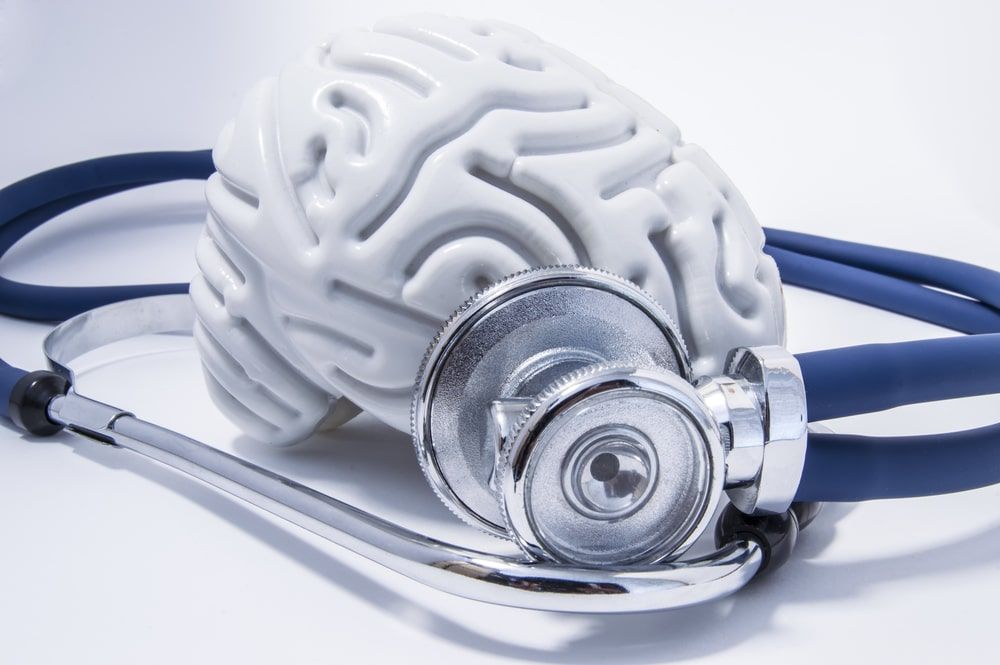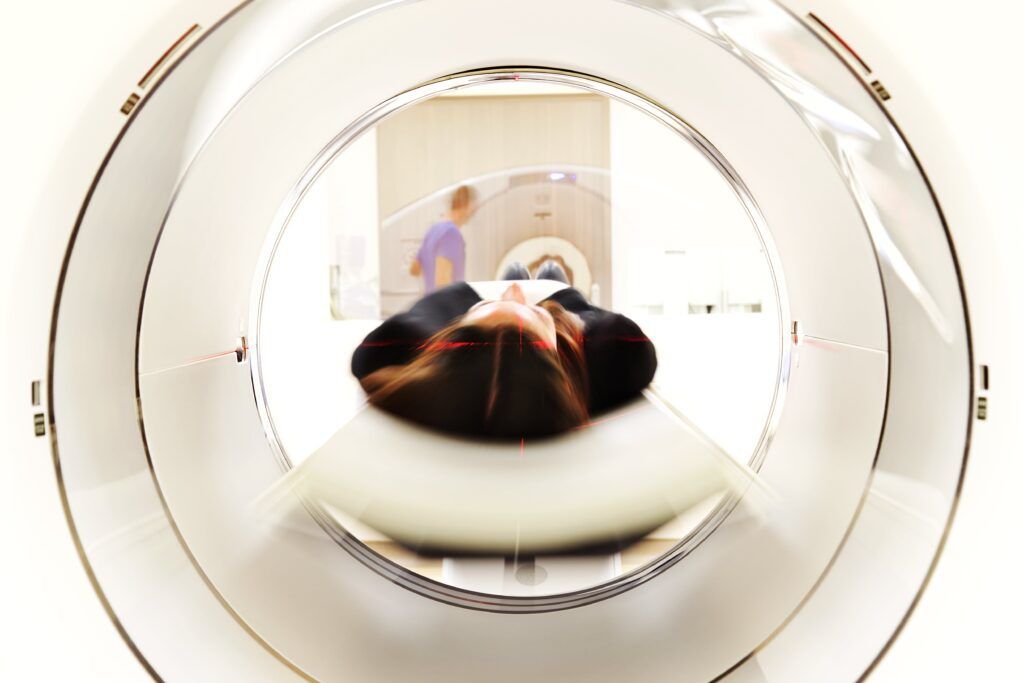Neurologists are doctors who specialize in diagnosing and treating problems with the brain, spinal cord, and nerves. When you have a problem with any of these structures, it is important to see a neurology specialist. However, if you have never been to a neurologist before, you may be wondering what to expect. In this blog post, we will outline what happens during a typical appointment with a neurologist and provide an overview of each step of a neurologist appointment. This should help you feel more comfortable and prepared for your appointment.
Why See a Neurologist

Before your appointment, you may be wondering if a neurologist is the right type of medical specialist to see for a particular health concern. There are many reasons why you might see a neurologist. For example, you may have been experiencing headaches or dizziness for some time and your primary care doctor has referred you to a specialist. Alternatively, you may have recently had a stroke or been in a car accident and need to be seen by a neurologist as soon as possible.
If you are experiencing any of the following problems, it is always best to see a neurologist for an accurate diagnosis and treatment plan:
- Headaches
- Dizziness
- Numbness or tingling in the arms or legs
- Weakness in the arms or legs
- Problems with balance or walking
- Difficulty speaking or swallowing
- Memory problems
What to Expect During a Neurology Appointment:
There are many different steps involved in a typical neurology appointment. While your exact experience may vary, here is a general idea of what happens during a neurology appointment:
Discussion of Medical History
First, the neurologist will discuss your medical history with you. They will ask about your symptoms, when they started, how often you experience them, and if anything makes them better or worse. The neurologist will also want to know about your family medical history and any medications you are currently taking.
Physical Examination
Next, the neurologist will conduct a physical examination. This will help them rule out any other potential causes of your symptoms. During the physical examination, the neurologist will assess your:
- reflexes
- muscle strength
- sensation
- coordination
The neurologist may also perform a few basic tests, such as checking your blood pressure and heart rate.
Diagnostic Testing
If the neurologist suspects that you have a particular condition, they may order some diagnostic tests. These tests help to confirm or rule out a diagnosis. Common diagnostic tests used by neurologists include:

- CT: Computerized tomography (CT) scans use a combination of x-rays and computers to create cross-sectional views of a particular structure. In some cases, dye is used to highlight arteries, blood vessels, tumors, or other structures. During this test, you can expect to lie down on a moveable bed that is inserted into a donut-shaped machine. The test usually takes about 30 minutes to complete.
- MRI: Magnetic Resonance Imaging (MRI) uses a combination of magnetic fields and radio waves to form an image of the inside of the brain. During this test, you can expect to lie down on a moveable bed that is inserted into a tube-shaped machine. The test usually takes about 30 minutes to complete.
- EEG: Electroencephalogram (EEG) uses electrodes attached to the scalp to record electrical signals of the brain. This test is often used to diagnose or rule out epilepsy. During the test, you may be asked to stare at a flashing light while the electrodes record your brain activity.
- EMG: Electromyogram (EMG) uses small needles inserted into the muscles to track electrical activity between the muscles and nerves. Mild shocks are delivered to record nerve conduction. This test can be used to diagnose causes of pain, numbness, or weakness.
- NCV: Nerve Conduction Velocity (NCV) test measures how quickly signals move through the peripheral nerves. This test is often used to diagnose carpal tunnel syndrome or other nerve damage. During the test, you will have small electrodes placed on your skin. A mild shock is delivered to stimulate the nerve, and then the speed of signal transmission is measured.
- Angiogram: An angiogram is a special type of CT scan that uses dye to highlight the arteries in the brain. This test is often used to diagnose aneurysms or other vascular abnormalities.
- TCD: Transcranial Doppler (TCD) uses sound waves to measure the speed of blood flow through the arteries in the brain. This test is used to diagnose stroke or other vascular abnormalities.
- Spinal Tap or Lumbar Puncture: During a spinal tap or lumbar puncture, a needle is inserted into the lower back to collect cerebrospinal fluid. This test can be used to diagnose infections, inflammation, or tumors.
Once the diagnostic tests are complete, the neurologist will review the results and make a final diagnosis.
Education
After making a diagnosis, the neurologist will provide you with education about your condition. They will explain the symptoms you are likely to experience and discuss treatment options with you. They may also discuss lifestyle changes that can help improve your condition. If necessary, the neurologist may refer you to another type of specialist for further treatment.
Answer Questions
The neurologist will answer any questions you have about your condition and treatment options. This is an important step in the process, as it helps you to feel more comfortable and confident about the decisions you are making regarding your health.
Set Up Future Appointments
Finally, the neurologist will set up future appointments with you as needed. For example, some diagnostic tests will need to be completed before a treatment plan can be developed. Even after being diagnosed, they will usually recommend that you come back for follow-up appointments on a regular basis, especially if you have a chronic condition.
In Conclusion
In this blog, we have discussed what to expect at a neurology appointment. We have outlined the various steps involved in a typical neurologist appointment, including the discussion of medical history, physical examination, diagnostic testing, education, answer questions, and set up future appointments. We hope this overview of what to expect during a neurology appointment was helpful. If you have any further questions, please don’t hesitate to contact us. We are always happy to help!

Dr. Kashouty, a diplomate of the American Board of Psychiatry and Neurology (ABPN), practices general neurology with fellowship trained specialization in clinical neurophysiology. Dr. Kashouty finds the form and function of the nerves and muscles the most interesting part of neurology, which is what led him to specialize in neurophysiology with more emphasis on neuromuscular conditions. He treats all neurological diseases, but his main focus is to treat and manage headaches, movement disorders and neuromuscular diseases.




